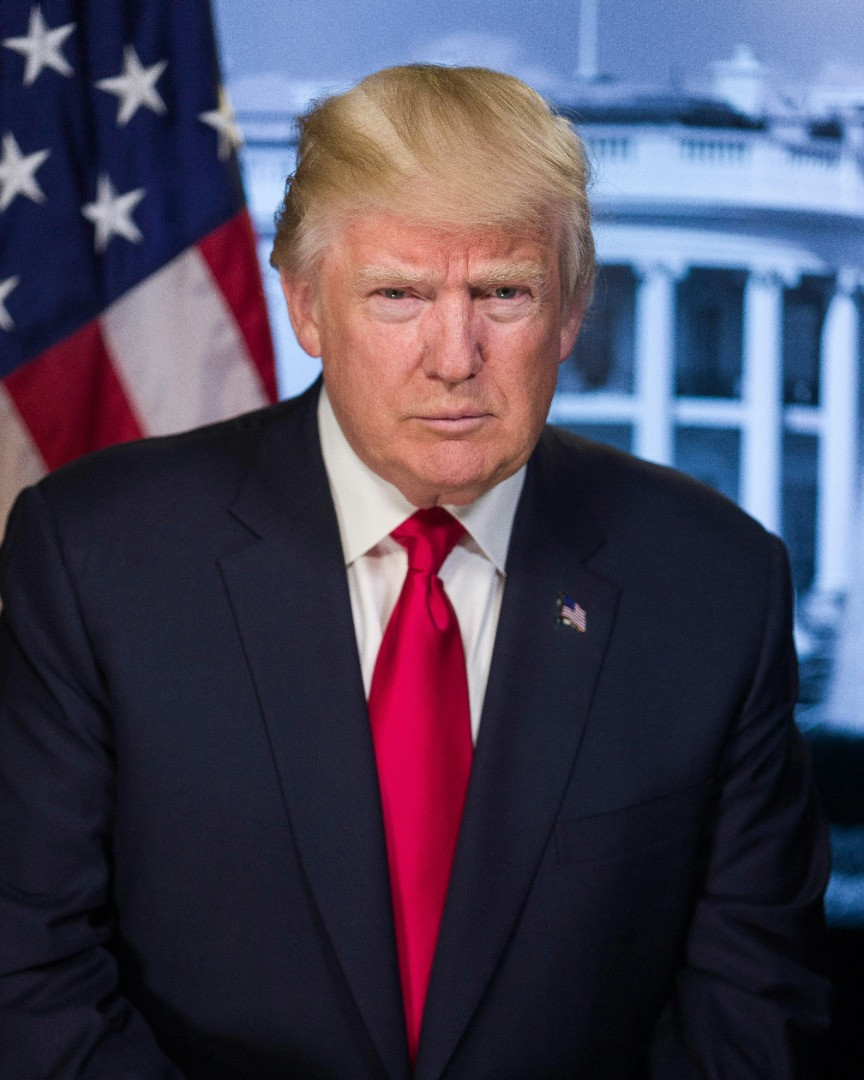
President-elect Donald Trump's recent threat to impose a 100% tariff on countries that abandon the U.S. dollar for international trade has raised significant concerns, particularly regarding its implications for African nations. The warning, directed at the coalition of BRICS countries—Brazil, Russia, India, China, South Africa, Egypt, Ethiopia, Iran, and the UAE—marks a stern stance against what Trump perceives as attempts to undermine the dollar's dominance in global commerce.
The U.S. dollar has long been the leading currency in international trade, representing about 58% of the world's foreign exchange reserves, according to the International Monetary Fund (IMF). Trump's assertion that BRICS nations must commit to using the U.S. dollar, or face severe tariffs, signals his administration's intent to maintain this economic hegemony. He stated, “There is no chance that the BRICS will replace the U.S. Dollar in International Trade, and any Country that tries should wave goodbye to America”.
For African countries within the BRICS framework, such as South Africa and Egypt, this pledge could have far-reaching consequences. Many of these nations are exploring ways to enhance trade and economic partnerships that reduce their reliance on the dollar. The concept of de-dollarization, or shifting trade agreements to include alternative currencies, is not new and has gained traction as countries seek to minimize vulnerabilities associated with fluctuations in the dollar's value and U.S. geopolitical maneuvers .
The threat of a massive tariff could dissuade African nations from pursuing these objectives, trapping them in an economic model heavily reliant on the dollar. For instance, South Africa, which has significant economic ties to the U.S., may find itself reconsidering potential ventures that could jeopardize its trade relationship with Washington. Furthermore, countries like Egypt and Ethiopia, which are also part of the BRICS group, could face difficult decisions about their currency strategies amid these pressures, limiting their options for fostering economic resilience and independence.
Moreover, Trump's aggressive tariff strategy not only poses immediate financial risks but also extends to long-term implications for African economies aiming for sustainable development. As they seek diversified trade partnerships, a rigid stance from the U.S. may hinder their progress, pushing them to continue engaging within a framework defined by U.S. interests rather than their own economic aspirations.
In conclusion, Trump's warning highlights the fragility of the current international monetary system, and the geopolitical tug-of-war for economic dominance. For African nations involved, the choices they make in response to this threat will be critical not only for their economic strategies but also for their long-term participation in the global arena. As they navigate these complexities, the balance between upholding national interests and adapting to external pressures will shape the future of trade and economic policy in the region.
Join WhatsApp Channel
Stay connected with the latest news, updates, and exclusive content by joining our WhatsApp channel! Join now and never miss an important update from DailyPress!
 DailyPress
DailyPress





